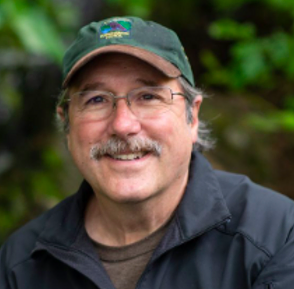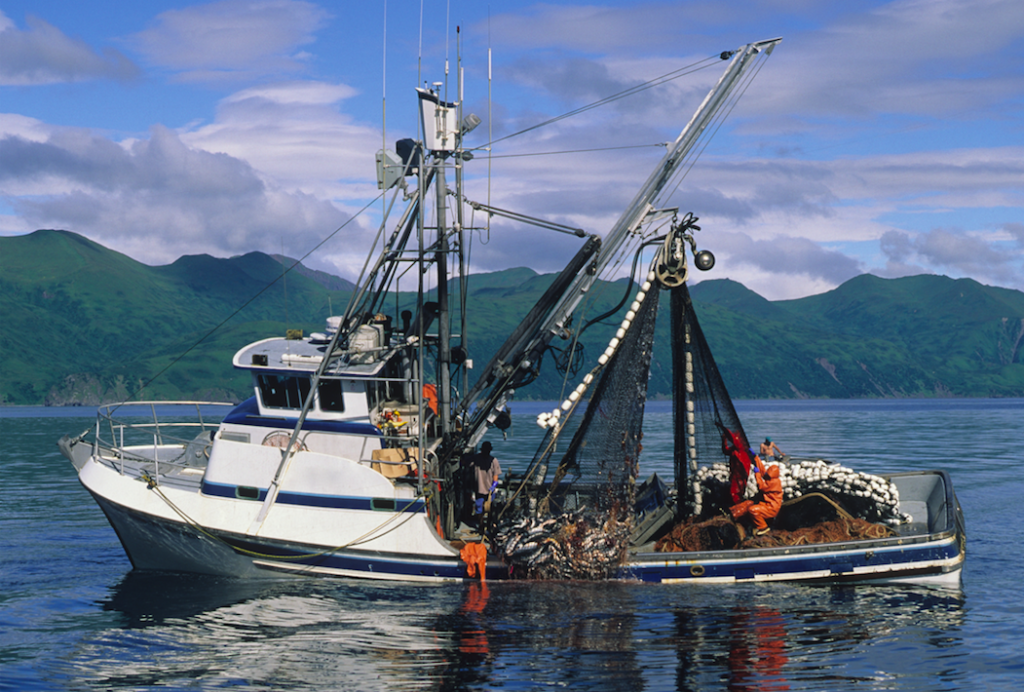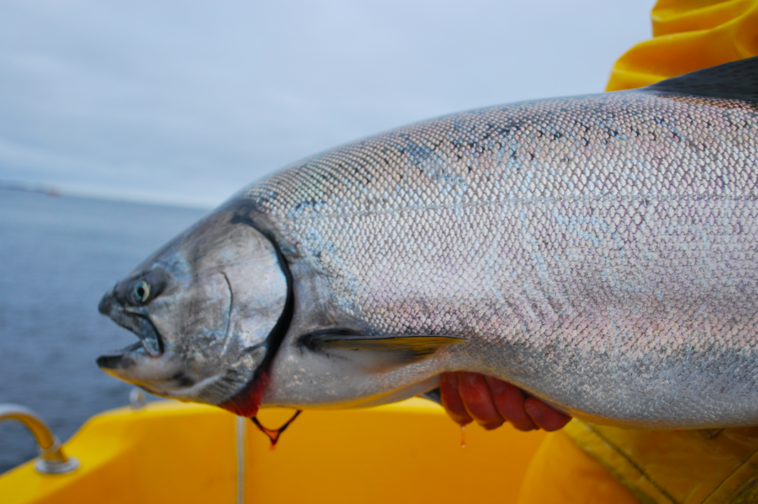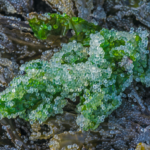In a historic move, Indigenous groups from B.C. and Alaska are proclaiming a state of emergency for Pacific salmon.
“This is an emergency. We can no longer wait. We have to act now.”
Guy Archibald, SEITC executive director
The declaration came after a meeting of Indigenous Nations at the annual Southeast Alaska Indigenous Transboundary Commission (SEITC) Summit.
The SEITC is “a consortium of 15 Tsimshian, Tlingit and Haida Nations upholding their sovereign rights to steward traditional lands, waterways, and sacred sites.”

“This is an emergency. We can no longer wait. We have to act now,” SEITC executive director Guy Archibald told CBC News regarding salmon stocks.
Archibald and other leaders have formed a working group to assist Indigenous efforts on watershed security. They want to have more sway over resource development projects that are endangering local salmon.
Tailings dams–the stockpiles of toxic waste produced by modern mining practices–are listed as an explicit concern affecting local watersheds on both sides of the border.
“Where is the planning for enhancement or better management? We don’t see it.”
James Lawson, president of the United Fishermen and Allied Workers Union
The widespread decline of salmon has long been a concern on the West Coast. Many Indigenous Nations, like the Wuikinuxv Nations of Rivers Inlet, have been dealing with salmon population collapse resulting from overfishing for decades, and this past summer’s drought decimated salmon runs in places like Heiltsuk territory.
Small-scale owner-operators are also calling attention to dwindling salmon stocks. Earlier this year, we spoke with James Lawson, president of the United Fishermen and Allied Workers Union. He was concerned about the federal government putting small-scale fishers out of work through a ‘buy-out’ program of their licences, while allowing large corporations and investors, who have never set boots on the deck of a fishing vessel, to continue to prosper. “Where is the planning for enhancement or better management? We don’t see it,” Lawson said.
“We can no longer keep holding yearly meetings without actively working to resolve these issues in between. None of us think salmon has a moment to spare.”
Christie Jamieson, SEITC assistant executive director

In a controversial move, the Canadian government recently closed fifteen fish farms to protect wild salmon. The fish farms employ hundreds of locals, yet parasites and diseases were running rampant in the ecosystem. “Wild salmon are in dire straits,” said federal fisheries minister Joyce Murray at the time.
Christie Jamieson, SEITC assistant executive director, said in a press release: “We can no longer keep holding yearly meetings without actively working to resolve these issues in between. None of us think salmon has a moment to spare.”







